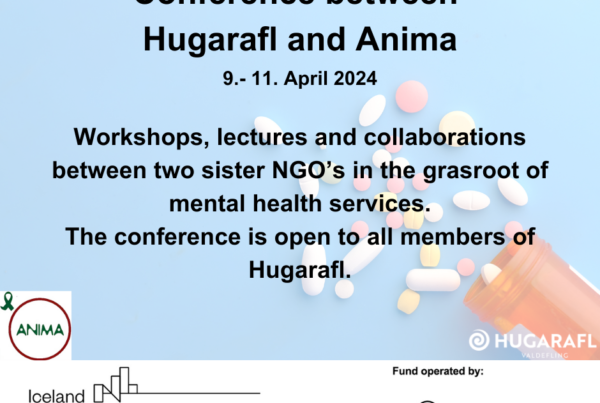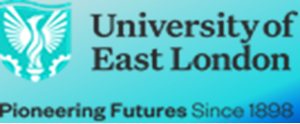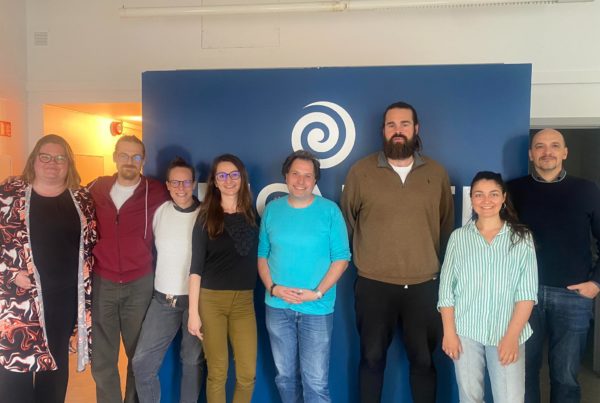A mental health peer support training course
To be equals.
To be truly present for each other.
To listen with empathy and care.
To share our recovery stories, as resources for others.
Peer support is all of the above and much more, a form of mental health support that finds the gems of wisdom and hope in one person´s challenges and offers them as stepping stones for another one´s recovery.
We all need to be heard and understood when going through a difficult time. And someone who experienced a similar struggle and recovered from it, can offer support from a unique position, much different from the one of a mental health professional.
Compassion and the capacity to support each other are in our human nature. But consciously shaping our story in ways that are relevant for another person, the skills of listening with empathy, or of inviting a person to open up, these can all benefit from intentional learning and practice.
With that in mind, three organizations, Hugarafl (Mindpower) from Iceland, Herstel Talent (Recovery Talent) from The Netherlands and ENVTL (Estonian Youth Movement for Mental Health), got together in KA2 strategic partnerships for adult education on peer support, funded by Erasmus+. Between 23-28 August 2021, they offered to 18 participants a training in the fundamentals of peer support, taking place in Reykjavík, Iceland.
During the 6 days of training, the group applied the principles of peer support, practicing empathic listening, open questions, paraphrasing and mirroring, sharing recovery stories.
Ragnar was one of the participants in this training and he describes his experience as follows:
“I gained a very good fundamental understanding of peer support work from this training. I feel like I have now a brand new set of basic peer supporting toolbox that I can start training on. I feel like from this training I gained keys to other doors that hold the next step in the learning process.
One more thing I took home from this training is that I realize how much we human beings already have as peer supporters, we only need to fine tune those skills to make them more effective.
The exercises were very socially intense for me personally. They were rather hard, not very easy to understand and execute at first. You really have to open up the creative part of your brain, immerse yourself into them to get into the flow required to make them successful. After I have processed them a bit later after the training, they make more sense to me and I see how powerful they are.”
In the next phases of the project, the three organizations will work together to create an online course on peer support and a toolkit of resources to complement the course.
By Dumitrița Simion










